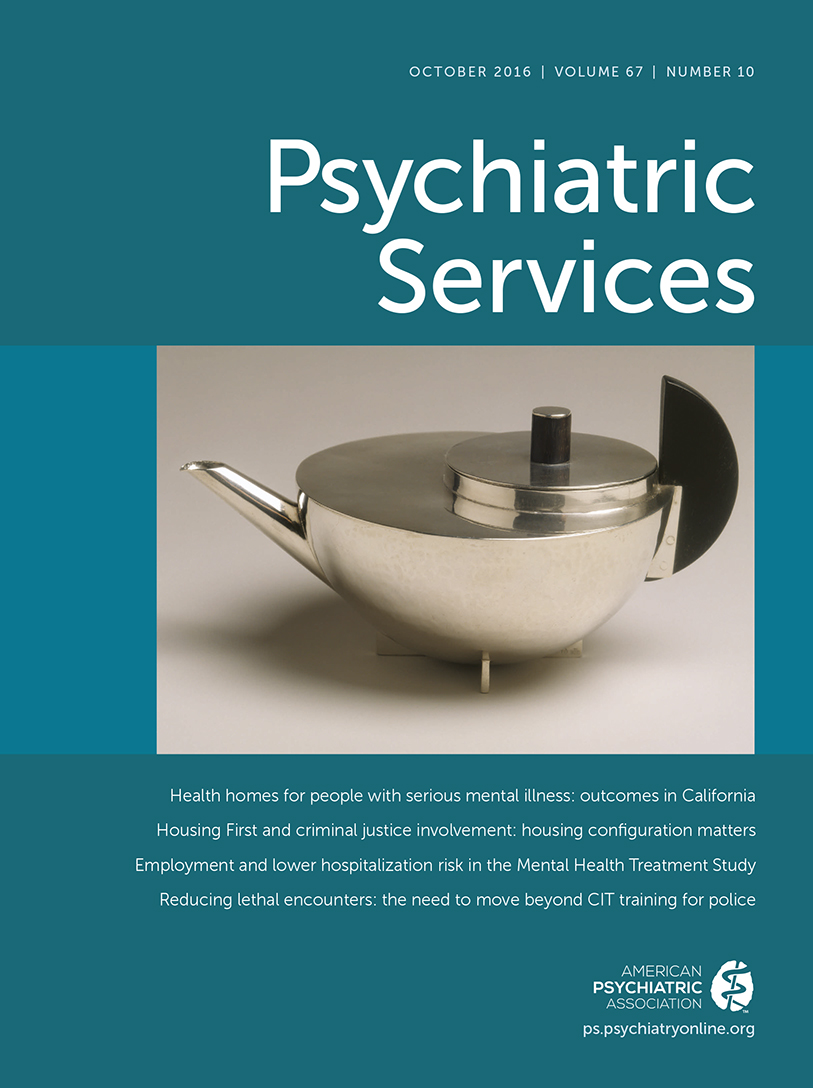He Wanted the Moon: The Madness and Medical Genius of Dr. Perry Baird, and His Daughter’s Quest to Know Him

In He Wanted the Moon, Mimi Baird sets out to tell the story of her father. In 1944, when Mimi Baird was six years old, her father, Perry, stopped coming home, for reasons never explained to her as a child. Perry Baird had been admitted that year to Westborough State Hospital (WSH) in Massachusetts, the fourth hospital to which he had been admitted for manic episodes. He was 41 years old, stayed in the hospital 95 days, and never rejoined the family. Her father was always a mystery to Mimi, until she inherited the manuscript for a book he never finished that recounts his experiences with bipolar disorder.
Ms. Baird has created a first-person account that speaks from three perspectives: her father’s, that of the psychiatric hospital medical records, and her own. One unfortunate shortcoming of the book is that Ms. Baird writes well (with the assistance of Eve Claxton) and has interesting observations to share, whereas her father’s writing makes a lot of detours before getting to cogent or engaging points.
The medical records are quite interesting, providing the reader glimpses of psychiatric treatment in the 1930s–1940s. Interventions tried with Perry Baird included, for example, an 11-day narcosis treatment using sodium amobarbital. He provides views of other treatments of that era, for example, “constant restraint,” which was the maintenance of restraint that alternated between straightjackets and cold packs. Perry Baird experienced much of his treatment as “torture” devised by “state hospital psychiatrists.”
Historical figures in psychiatry make their appearance. Dr. Baird came from a family of means, and he was able to get a specially arranged consultation. Harry Solomon, who was superintendent of the Boston Psychopathic Hospital and who subsequently became the Massachusetts Commissioner of Mental Health, came to see him at WSH. Dr. Solomon opined, “The manic does not know what he is doing,” and Perry Baird’s response was “Even a man of distinction, experience and education could fail to understand the manic.”
Perry Baird was transferred from WSH to Balpate Hospital, a private psychiatric hospital, where his attending psychiatrist was a friend and colleague. He lasted there but two weeks. His property destruction and threats to nursing staff were too much for the private hospital, and he was sent back to WSH. Three weeks after his return to WSH, Perry Baird was notified that his license to practice medicine had been revoked.
Perry Baird had a great disdain for the treatment he received at WSH: “WSH and other places like it have nothing to offer; nothing but a jail-like incarceration, brutality, and ugliness. The patients who come here recover not because of the treatment they receive, but in spite of it. Some are submerged by it, die of it.” After about one month of this final WSH admission, Perry Baird gets his freedom by escaping.
Perry Baird tried and failed to connect with earlier acquaintances. He tried and failed to connect with his daughter, Mimi. He described his feelings of being victimized by stigma against people with a mental illness. He found refuge in alcohol. He died alone in a hotel room in Detroit at the age of 55.
The better part of the book is Mimi Baird speaking of her life, which constitutes the last one-third of the book. It turns out Mimi’s mother had the same experience as she did—a father with bipolar disorder who left the family when his daughter was a child (in this earlier instance the daughter was ten, and her father spent the rest of his life in Norristown State Hospital). Part of Mimi Baird’s story is her quest to put together her father’s life—hospitalizations at Boston Psychopathic Hospital and Butler Hospital before the admittance to WSH and later, Galveston State Hospital. Ms. Baird learns that her father, a dermatologist, made a quite significant contribution to the psychiatric literature. I suggest you check it out: http://journals.lww.com/jonmd/citation/1944/04000/biochemical_component_of_the_manic_depressive.3.aspx.
And then get a copy of He Wanted the Moon. There’s a lot more here than in many first-person accounts.



